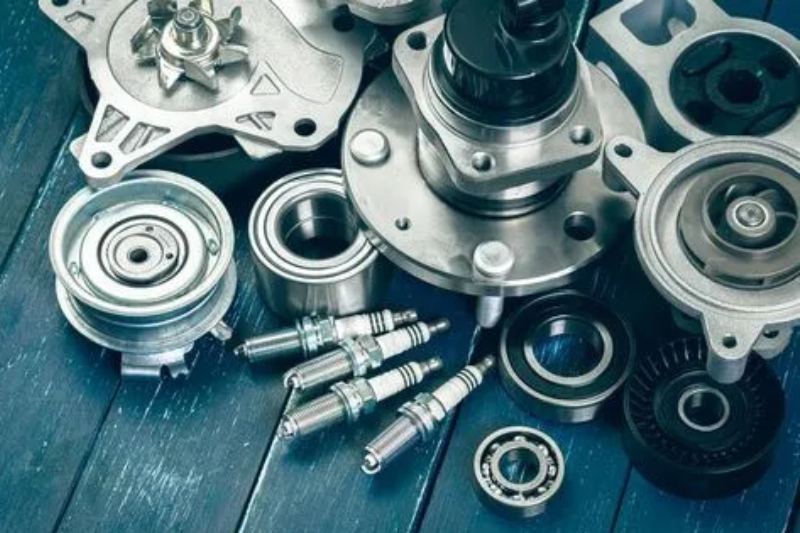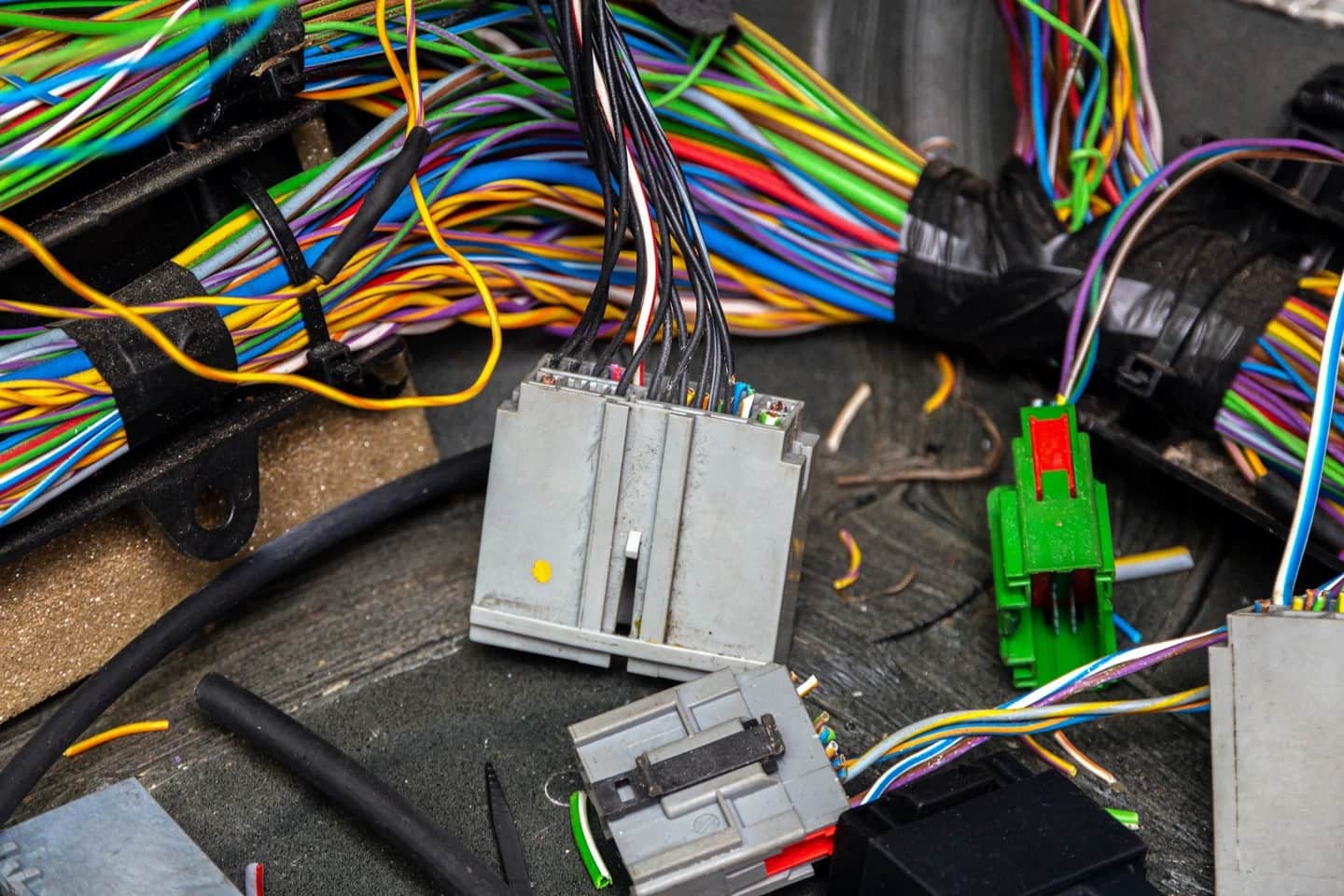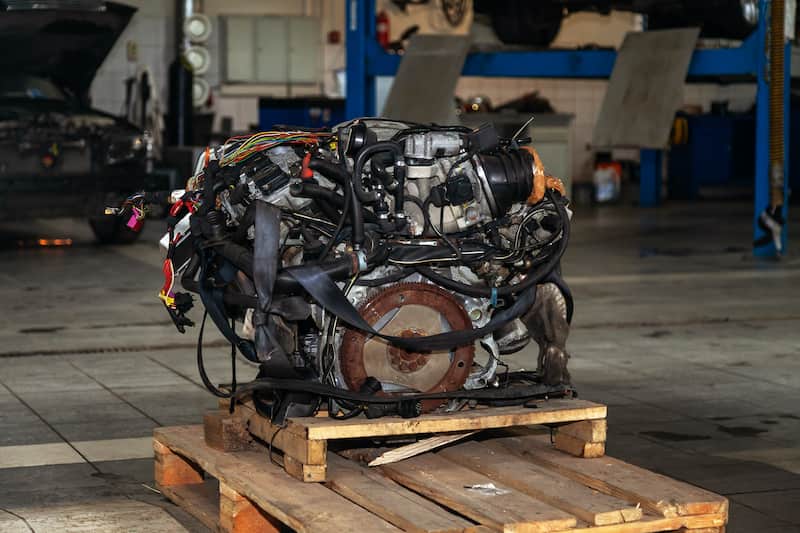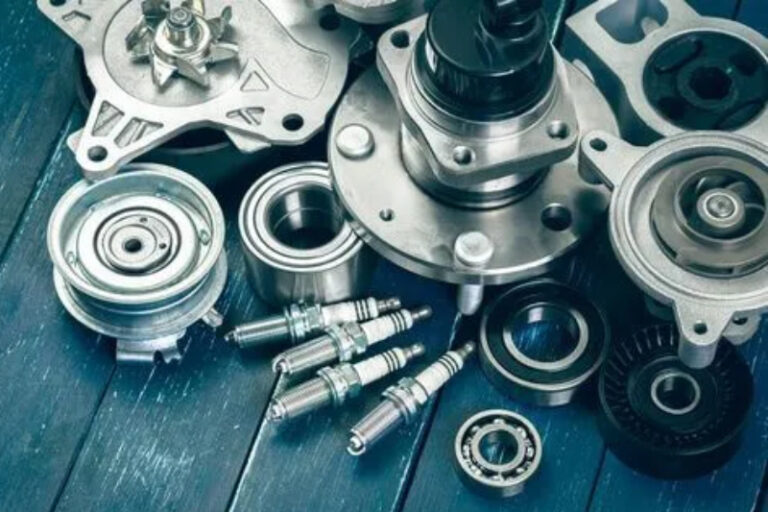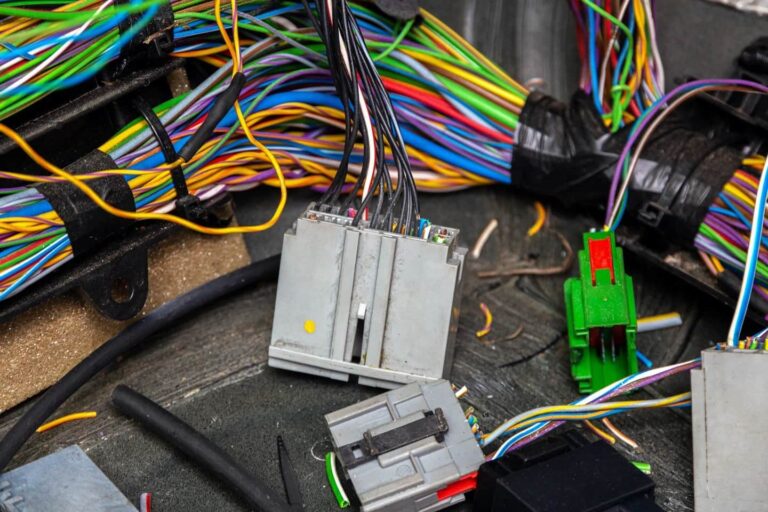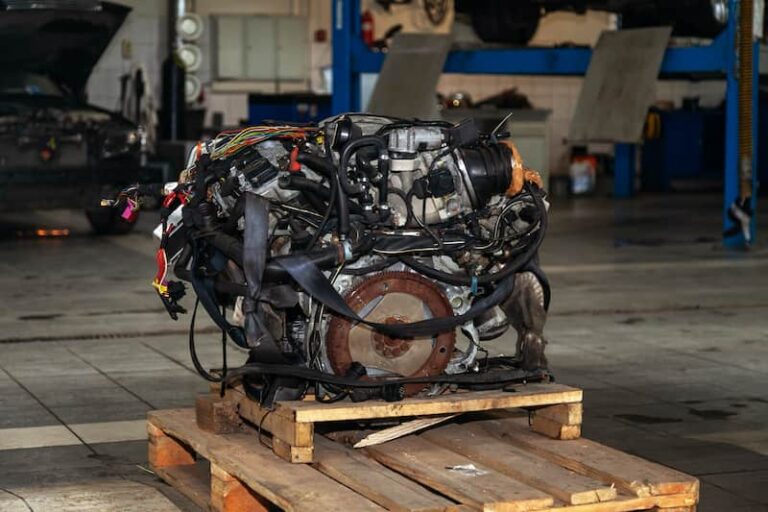Common Reasons Making your Car Lose Power While Accelerating
Every driver knows the feeling – you’re cruising down the road, you press the accelerator, and suddenly, your car just doesn’t respond the way it should. The loss of power during acceleration can be alarming, especially if it happens unexpectedly. This issue not only affects your vehicle’s performance but can also be a sign of underlying mechanical problems that need immediate attention.
At Auto Vehicle Parts, we understand how frustrating and concerning it can be when your car loses power. Whether it’s a clogged filter, a failing fuel pump, or a malfunctioning sensor, understanding the root cause can help you take the right steps toward fixing it. Let’s explore the common reasons why your car might lose power while accelerating – and what you can do to resolve it effectively.
Common Reasons Why Your Car Loses Power While Accelerating
One of the most frequent causes of a car losing power is a clogged fuel filter or engine air filter. When these filters become blocked, they restrict the flow of fuel or air to the engine. Without sufficient fuel or oxygen, the combustion process inside the cylinders is incomplete, leading to weak acceleration and sluggish performance.
If your car struggles to gain speed or jerks when accelerating, it might not be receiving enough fuel. This is often a sign of poor fuel delivery caused by a dirty filter, worn fuel injectors, or a weak fuel pump. The vehicle’s engine relies on a balanced mix of air and fuel for optimal combustion – when this balance is disrupted, power loss is inevitable.
Other possible causes include:
- Vacuum leaks, which allow unmetered air into the system.
- Exhaust blockages or clogged catalytic converters, which restrict exhaust flow.
- Engine overheating, which reduces overall performance.
Each of these issues can lead to your vehicle losing control and struggling during acceleration.
Maybe an Engine Problem?
Your engine is the heart of your vehicle, and even minor issues can affect its performance. A loss of compression is a common culprit behind poor acceleration. Compression is what allows the air-fuel mixture to ignite effectively in the cylinder. When seals, piston rings, or valves wear out, compression drops – and so does power.
Another frequent issue involves oxygen sensors. These sensors monitor the oxygen levels in your exhaust gases and help adjust the air-fuel ratio. When they malfunction, your engine may run too lean (too much air) or too rich (too much fuel), both of which reduce efficiency and power.
Additionally, clogged breather valves or blocked vent hoses can disrupt airflow, leading to irregular fuel delivery. A faulty breather system often causes the engine to flood, making acceleration sluggish and uneven. While these may seem like small issues, over time, they can severely impact your car’s performance and fuel economy.
How to Solve the Problem
Fixing a car that’s losing power begins with proper diagnosis. Start by checking your fuel filter – one of the most common and easily fixable issues. Over time, impurities in gasoline or diesel can clog the filter, restricting the flow of fuel to the engine. Replacing a clogged filter is inexpensive and can immediately restore your car’s performance.
If the problem persists, you’ll need to inspect the air filter. A dirty air filter prevents oxygen from reaching the engine cylinders, resulting in poor combustion and sluggish acceleration. Replacing it ensures the right air-fuel ratio and boosts efficiency.
You should also examine the fuel injectors. Clogged or leaking injectors disrupt fuel delivery, leading to inconsistent performance. Regular cleaning or replacement can solve this issue.
Lastly, don’t overlook your exhaust system. A clogged catalytic converter or muffler restricts the outflow of exhaust gases, creating back pressure that limits engine power. If you notice rattling sounds or a strong sulfuric odor, it might be time for an inspection.
Bad Injector or Bad Fuel Pump?
A faulty fuel injector or fuel pump is another major reason behind power loss. If your injector is malfunctioning, it won’t deliver the correct amount of fuel to the engine cylinders. This leads to misfires, jerky acceleration, and poor performance.
Similarly, a worn-out fuel pump can struggle to maintain proper fuel pressure. When this happens, your engine doesn’t receive enough fuel during acceleration, especially at higher speeds or on uphill climbs.
Some telltale signs of fuel system issues include:
- Difficulty starting the engine
- Sudden jerks or hesitation during acceleration
- Poor fuel economy
- Unusual whining noises from the fuel tank area
Since fuel delivery is crucial for combustion, any disruption in this process will directly affect acceleration. Replacing a bad fuel pump or injector can drastically improve your car’s performance. At Auto Vehicle Parts, you can find top-quality used injectors and pumps that perform like new – offering both reliability and cost savings.
Malfunctioning Sensors and Airflow Issues
Modern vehicles rely heavily on sensors to regulate performance. One of the most critical is the Mass Air Flow (MAF) sensor, which measures how much air enters the engine. When this sensor malfunctions or becomes dirty, it sends incorrect data to the engine control unit (ECU), disrupting the air-fuel ratio and causing poor acceleration.
Other related components include the Throttle Position Sensor (TPS) and Idle Air Control Valve (IAC). A faulty TPS can cause erratic throttle response, while a dirty IAC can lead to unstable idling and hesitation during acceleration.
Exhaust restrictions – such as a clogged catalytic converter or exhaust manifold – also play a major role. When gases can’t exit efficiently, your engine has to work harder, reducing its power output.
Even minor issues like a dirty throttle body or a vacuum leak can trigger performance drops. Regular maintenance and cleaning of these components can help restore full engine power and fuel efficiency.
Sustainable Solution: Replace, Don’t Scrap
Sometimes, the best way to address persistent power loss is by replacing faulty components with reliable used ones. At Auto Vehicle Parts, we specialize in genuine second-hand car parts that meet OEM standards. From engines and transmissions to air filters and sensors, our selection helps you fix your vehicle efficiently and affordably.
Not only does this save you money, but it also supports environmental sustainability by reducing waste and promoting recycling in the automotive industry.
Final Thoughts
Losing power while accelerating can stem from several causes – from something as simple as a clogged filter to more complex issues like failing injectors or sensors. Ignoring the problem can lead to reduced fuel efficiency, poor driving experience, and even long-term engine damage.
Fortunately, identifying and addressing these issues doesn’t have to be complicated or expensive. With the help of Auto Vehicle Parts, you can find affordable, high-quality used auto parts that get your car back to full performance.
Whether it’s a fuel filter, injector, MAF sensor, or fuel pump, the right replacement part can make all the difference. Keep your vehicle in top shape, accelerate smoothly, and enjoy the drive again – because your car deserves to perform at its best.
Auto Vehicle Parts – your trusted source for reliable used car components that restore power, performance, and peace of mind.
FAQs
This usually happens when the fuel or air delivery system is restricted, preventing the engine from getting the resources it needs for combustion.
Common signs include sputtering at high speeds, difficulty starting, or a whining sound from the fuel tank.
Yes. Faulty spark plugs can cause incomplete combustion, leading to weak acceleration and poor fuel efficiency.
A clogged catalytic converter prevents exhaust gases from escaping, causing engine overheating and reduced power.
Auto Vehicle Parts offers high-quality, tested, and affordable used car parts to help restore your car’s performance safely and efficiently.



